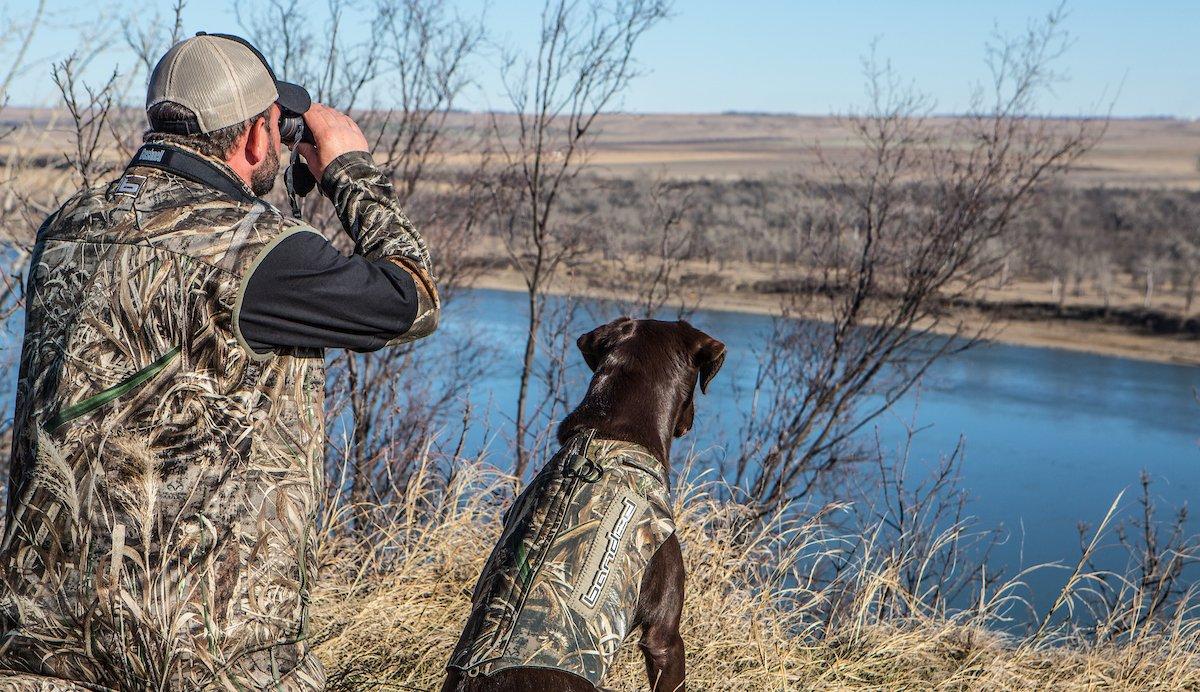No Recon? No Problem. Use These Tips to Pull Off a Hunt
Scouting kills ducks and geese — period. And resourceful, intelligent scouting kills more ducks and geese.
But sometimes, our best recon efforts fall flat. Birds move. Conditions change. We're pressed for time. Or we simply whiff. And then we're left with no solid game plan for the next morning. That scenario doesn't inspire confidence and can easily lead to failure.
Don't panic. When scouting fails, fall back on your waterfowling knowledge and experience to forge plans, B, C, D and more. Here's a quick guide.
Hunt Memories
On the surface, hunting spots that produced in the past is a bad idea that often leads to empty straps and long faces. But when you have no MRI (most recent information), you sometimes have no choice.
Do it logically. Refer to your hunting journals to see which areas have produced during similar conditions or time periods. For example, if you did well two seasons ago on mid-November geese in a cut cornfield near a consistent roosting area, a similar approach might work again. Or if a stiff south wind used to produce limits an old diver honey hole, you could probably do worse than to ply that spot.
Those best-educated-guess approaches don't always work, but they'll surprise you often enough to make them worthwhile. As an old duck hunting mentor told me, Some days, you just have to throw out the decoys and see what happens. If nothing else, view the hunt as another scouting effort. Worst-case scenario: A skunking just eliminates unproductive areas for the next day.
Don't Follow Gossip
Don't believe anything unless you witness it. I'd rather take my chances with a gut feeling than read Internet reports and go in blind. Trust me, dozens of other hunters saw that gossip and will try the same thing. There's nothing wrong with making phone calls to hunters you trust, but don't expect those guys to point you toward birds or reveal their hotspots. Glean whatever info you can from their replies, and then make your own game plan.
The same holds true for social media or barroom reports. You must read between the lines and try not to become part of the problem. Someone claimed to have a good day on ringbills? Try a spot where you've had similar days. The cans are in three hours to the west? Refer to your tried-and-true diver areas, and see what happens there. You can waste loads of time and energy chasing rumors, and following the crowds just lead to more crowds.
Evaluate, Assess
When you're out of ideas, review the weather forecast, and form a feasible plan. Some conditions — strong winds, warm temperatures, or rain or fog — rule out many areas. So, identify spots that might work with the cards you're given, and take a shot. Again, those poke-and-hope efforts often fail. However, view them as an attempt at trying something new, and learn from what you see. Even catching a glimpse of a distant flock pitching into a bay or timber hole can put you a step closer to ultimate success. And any birds you bag will be a bonus.
Try
Duck and goose hunting — like any outdoor pursuit — requires that you put forth effort to succeed, even if you know you won't be on the X. The old saying, Must be present to win applies.
Brainstorm. Plan. Act. Staying in bed is the only sure way to fall flat after a failed scouting effort.
Click here for more Realtree waterfowl hunting content. And check us out on Facebook.








